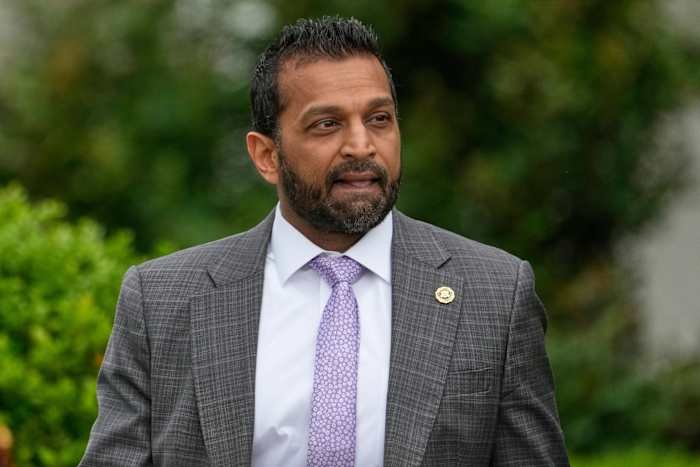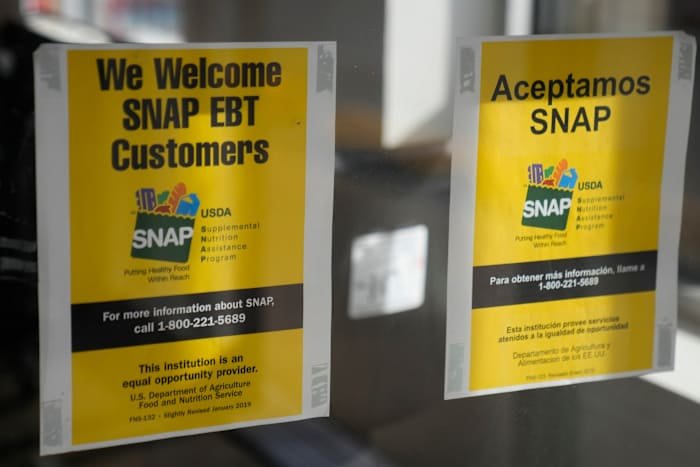In a dramatic turn of events, Milwaukee County Circuit Judge Hannah Dugan was arrested by the FBI this week, accused of intentionally misdirecting federal immigration agents who were attempting to detain a man at her courthouse. While this incident happened in Wisconsin, it has sent shockwaves throughout the legal community nationwide, including right here in Orlando. As debates continue over the role of local judges in federal immigration enforcement, many in Central Florida are asking: Could something like this happen here, and what does it mean for our own court system?
The Arrest: What Happened in Milwaukee?
The FBI alleges that Judge Hannah Dugan knowingly intervened in a federal operation by redirecting immigration agents away from an undocumented man they were seeking to arrest within her courthouse. According to the criminal complaint, Judge Dugan provided false information or instructions, effectively enabling the man to evade federal custody. The judge now faces serious federal charges, including obstruction of justice and interfering with federal officers.
This high-profile arrest has immediately raised questions about the roles, responsibilities, and boundaries of local judges when it comes to interacting with federal authorities, especially around sensitive issues like immigration. The case is likely to be watched closely across the country, including in Orlando, where the intersection of local law and federal immigration enforcement is a frequent topic of discussion.
Immigration Enforcement in Orlando’s Courthouses
Orlando, like many large American cities, has found itself at the crossroads of federal immigration enforcement and local law. Central Florida courts regularly see cases involving non-citizens, and local judges are sometimes put in a difficult position when federal agents seek to detain individuals at courthouses. While there’s no public record of a similar incident occurring in Orlando, the arrest of Judge Dugan has sparked renewed debate about the appropriate response from local officials when faced with federal immigration operations.
Some local advocates argue that courthouses should be considered “safe spaces” where all individuals, regardless of immigration status, can seek justice without fear of arrest. Others insist that judges and court staff must cooperate fully with federal law enforcement to uphold the rule of law. The news out of Milwaukee will almost certainly reignite these discussions at Orlando’s Orange County Courthouse and beyond.
Legal and Ethical Implications for Florida Judges
The legal community in Orlando is now grappling with what Judge Dugan’s arrest means for the ethical standards and legal boundaries guiding Florida judges. The Code of Judicial Conduct requires judges to remain impartial, uphold the law, and avoid actions that could be construed as interference with law enforcement. However, the specifics of how judges should interact with federal agents, particularly on sensitive immigration matters, are not always clear.
Legal experts warn that crossing the line—intentionally providing false information or actively obstructing federal officers—can result in criminal charges, as in Judge Dugan’s case. On the other hand, judges are charged with protecting the rights of all individuals appearing before them, including immigrants. Orlando’s legal institutions may soon need to revisit their policies and training to ensure all personnel understand where these boundaries lie.
Community Reaction and Impact on Orlando Residents
The arrest of a sitting judge for interfering with immigration authorities is a rare event that resonates far beyond Milwaukee. In Orlando, a city with a vibrant immigrant community, the news has sparked concern among both legal professionals and everyday residents. Some fear increased tension between local courts and federal agencies, while others worry about the potential for courthouse arrests to deter victims or witnesses from participating in the justice system.
Local immigrant rights organizations, such as the Florida Immigrant Coalition, have already called for clear guidelines to protect the rights and safety of all courthouse visitors. Meanwhile, law enforcement officials stress the importance of cooperation between agencies to ensure public safety and the smooth functioning of the legal process. As the case against Judge Dugan unfolds, Orlando residents will be watching closely to see what policy changes, if any, emerge in response.
Could This Happen in Orlando?
While the circumstances in Milwaukee may seem distant, the fundamental questions raised by Judge Dugan’s arrest are highly relevant to Orlando. With ongoing debates about immigration enforcement and the role of local officials, it’s possible that similar situations could arise in Central Florida. Experts recommend that local courts review their protocols and ensure that all judges and staff are well-versed in both the law and ethical guidelines governing interactions with federal agents.
Ultimately, the case serves as a stark reminder of the delicate balance between upholding the law and protecting the rights of vulnerable populations. As Orlando continues to grow and diversify, these issues are likely to remain at the forefront of the city’s legal and political conversations.
Conclusion
The arrest of Judge Hannah Dugan in Milwaukee is a headline-grabbing event with implications reverberating all the way to Orlando. As our city grapples with questions about immigration, law enforcement, and judicial conduct, this case offers a timely opportunity for reflection and dialogue. What do you think about the role of judges in federal immigration matters? Could something like this happen in Orlando? Share your thoughts in the comments below—your voice matters in shaping the future of our community.
















